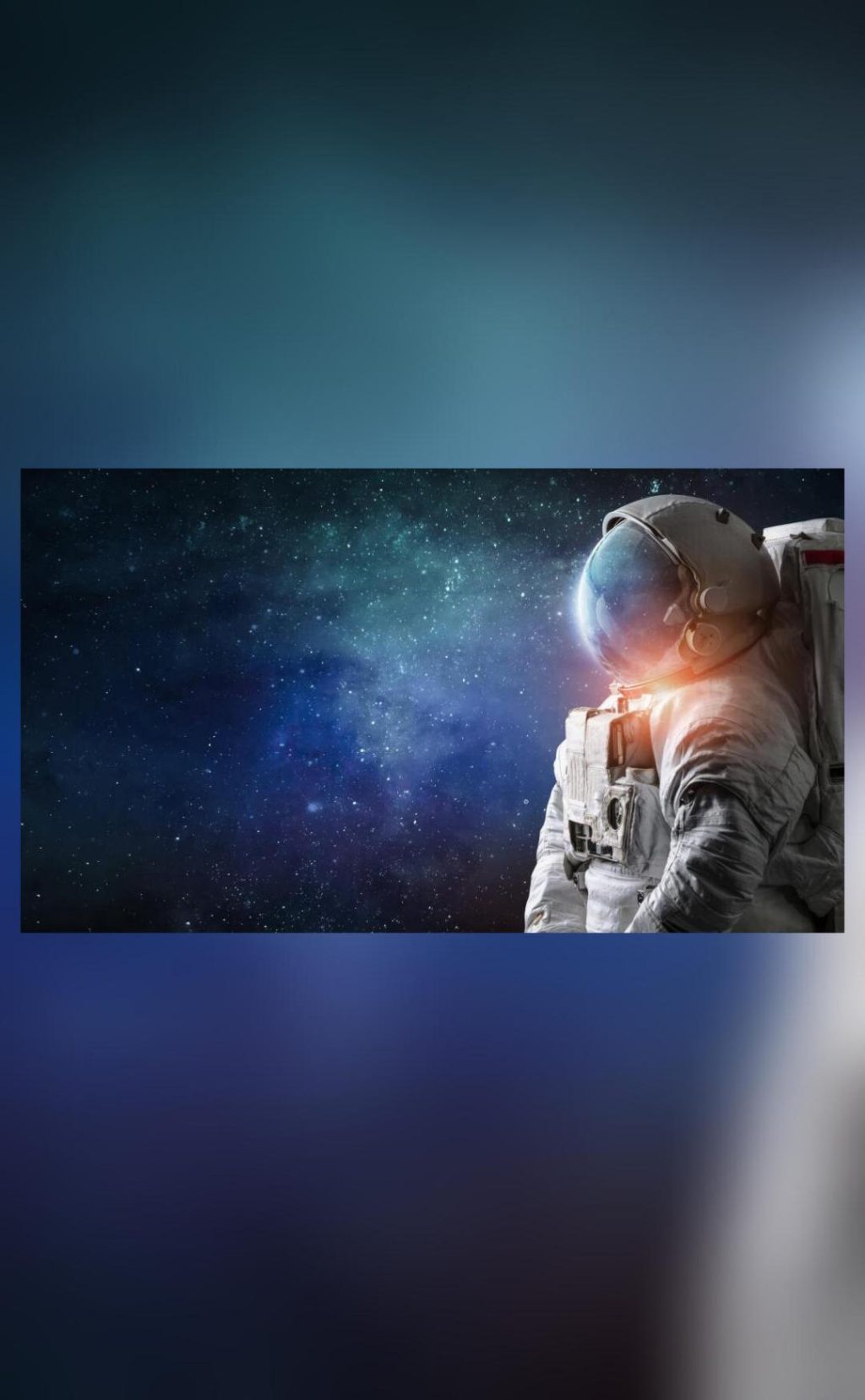
Google & NASA Create AI Medical Assistant for Mars Missions
In a groundbreaking collaboration, NASA and Google have unveiled an artificial intelligence (AI) medical assistant designed to keep astronauts healthy during Mars missions and other space expeditions. The innovative system, called the Crew Medical Officer Digital Assistant (CMO-DA), utilizes Google Cloud’s Vertex AI platform to process speech, text, and images, providing a multimodal approach to medical diagnosis and care.
As humans venture further into space, the need for reliable and efficient medical assistance becomes increasingly crucial. CMO-DA is specifically designed to address this challenge, leveraging AI capabilities to support medical decision-making and streamline the diagnosis process. This cutting-edge technology has the potential to revolutionize healthcare in space, enabling astronauts to receive prompt and accurate medical attention even in the most remote and inhospitable environments.
The Need for AI-Powered Medical Assistance in Space
Mars missions, in particular, pose significant challenges for medical care. The harsh Martian environment, isolation from Earth, and limited medical resources require astronauts to be self-sufficient in their medical care. Traditional medical approaches, reliant on human expertise and manual diagnosis, can be time-consuming and prone to errors. AI-powered medical assistance, on the other hand, offers a solution to these challenges.
CMO-DA is designed to work in tandem with human medical professionals, providing real-time support and guidance to help diagnose and treat medical conditions. This AI-powered medical assistant can process vast amounts of data, including medical records, patient symptoms, and diagnostic test results, to identify potential medical issues and recommend courses of treatment.
The Capabilities of CMO-DA
CMO-DA is a multimodal system that can process speech, text, and images, allowing it to communicate with astronauts, understand their symptoms, and provide personalized medical advice. The system’s capabilities include:
- Symptom recognition: CMO-DA can recognize and categorize symptoms reported by astronauts, helping medical professionals to quickly identify potential medical issues.
- Diagnostic accuracy: The system has demonstrated diagnostic accuracy rates of 88% for ankle injuries and 80% for ear pain, indicating its ability to accurately diagnose and treat common medical conditions.
- Treatment recommendations: CMO-DA can provide personalized treatment recommendations, taking into account the astronaut’s medical history, symptoms, and available medical resources.
- Patient monitoring: The system can monitor patient vital signs, track medical conditions, and alert medical professionals to any changes or concerns.
The Potential Impact of CMO-DA on Space Exploration
The development of CMO-DA has significant implications for space exploration, enabling astronauts to receive timely and effective medical care during long-duration missions. The system’s capabilities can help to:
- Enhance astronaut health: By providing accurate and timely medical diagnosis and treatment, CMO-DA can help to prevent medical complications, reduce the risk of injury or illness, and promote overall astronaut well-being.
- Improve mission effectiveness: With the assurance of reliable medical care, astronauts can focus on their mission objectives, knowing that they have access to high-quality medical assistance when needed.
- Facilitate long-duration missions: CMO-DA’s capabilities can help to support long-duration missions, such as those to Mars, by enabling astronauts to receive medical care remotely and reducing the need for medical evacuations.
Conclusion
The collaboration between NASA and Google has resulted in a groundbreaking AI medical assistant that has the potential to revolutionize healthcare in space. CMO-DA’s capabilities, running on Google Cloud’s Vertex AI platform, demonstrate the power of AI in medical diagnosis and treatment. As space exploration continues to push the boundaries of human knowledge and achievement, the development of AI-powered medical assistants like CMO-DA will play a critical role in ensuring the health and well-being of astronauts.
Source






